What is Force Majeure Clause in RERA? Rights of Buyers and Builders
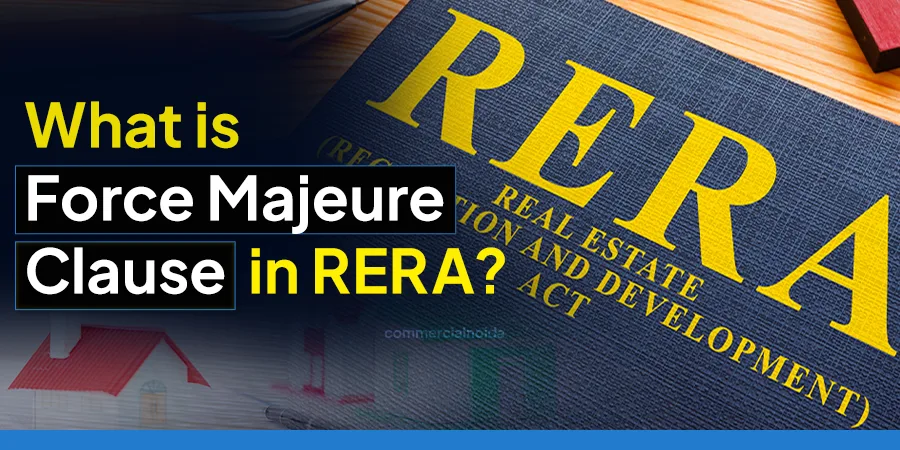
Force Majeure Clause in RERA: Understanding Buyer and Builder Rights
Your property’s possession can be delayed due to negligence or mismanagement of the builder. But what if such an event happens where the builder has no control over a delay?
For example: What if there is a war? What if there is a natural disaster? What if there is another pandemic like COVID-19?
In all the above cases, the builder is safeguarded by the RERA from facing penalties and gets an extension of up to one year if they fail to complete construction on time. This clause is added to your contract, which covers such unpredictable situations. It outlines what rights the builders and homebuyers have.
Let's clearly understand what will happen if your builder invokes this clause.
What is Force Majeure?
The literal translation of Force Majeure is ‘the superior force’. So, in simple terms, it is an event that is not avoidable or predictable at the time of drafting the contract. This includes both ‘act of God’ and man-made situations.
Under RERA, Force Majeure refers to natural calamities, war, government actions, health emergencies, and any other calamity caused by nature that could affect the regular and timely development of real estate.
As per the Indian Contract Act, the four conditions must be met to classify as an event of Force Majeure:
• The event should have been unforeseeable/unpredictable at the time of entering into the contract.
• Circumstance has to be beyond the control of both parties.
• Event must make it impossible to execute the contract.
• Without this clause within the contract, the builder cannot claim any relief.
A few examples of the possible calamities include:
• Act of God: Flood, Earthquake, Cyclones, Landslides, Drought, Fire
• Government Intervention: Construction halt due to policy ban, legal orders, pollution control norms, and NGT bans
• Epidemics or Pandemics: Health emergencies like COVID-19, Lockdowns
What happens if the builder invokes this clause?
If your builder has invoked a Force Majeure clause to justify a project delay, as a buyer, it could be a big inconvenience. If you are paying home loans or were depending on a timely possession to occupy the property, the delay could be financially detrimental.
For example, in the COVID-19 lockdown, the under-construction projects were delayed by one year. The builders exercised the Force Majeure clause and got relief from paying penalties, which could’ve amounted to 10% of the total property value; refunds and compensations along with interest can also be claimed.
But the scenario that buyers faced was very different. They had lost their jobs, had their pay reduced, and faced major financial constraints during the lockdown. Despite this, they had to repay their home loan. The only other option given was a loan repayment extention, which would only increase their interest burden in the future and limit their legal options to resolve any issues.
So, as a buyer, you can face major difficulties in case the Force Majeure clause is exercised by the builder. This is why you should always check your contract and verify the circumstances under which the builder claims relief.
What are the rights of the buyer under RERA?
When a developer invokes Force Majeure, the buyers can demand the reason for delays along with legal documentation. As a buyer, you should verify the reasons, and if you suspect any misuse, you can file a complaint with the state RERA authorities. They will ensure timely grievance redressal and resolve any foul play. You might be able to cancel your contract in case the fundamental purpose of your contract is destroyed.
Moreover, if the builder cannot deliver the property even after getting an extension, they will face penalties. You can file for compensation or even cancel your purchase and get a full refund with interest.
What are the rights of builders under RERA?
The Force Majeure clause helps the builders and developers extend the deadline for completion for a maximum of one year. It depends on the circumstances of each case.
If proven, Force Majeure automatically grants the builder an extension of 6 months and provision for another 3 months if seen fit by the authorities. This also means that the entire timeline for legal compliance will be adjusted accordingly.
Usually, the developers are liable to pay a fine for delays. But in this case, no fee is charged for an extension.
Conclusion
In short, the Force Majeure clause protects the builder's interests but also gives some reasonable rights to the buyers. So, if you are facing such issues or are soon going to sign a contract with your builder, ensure that the terms of this clause are fair and agreeable. Thoroughly review your contract and seek clarification from your legal expert to protect yourself.


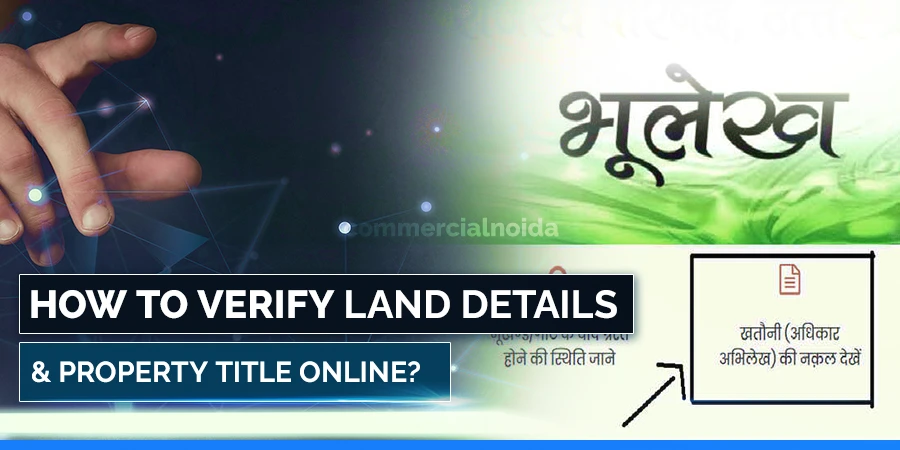


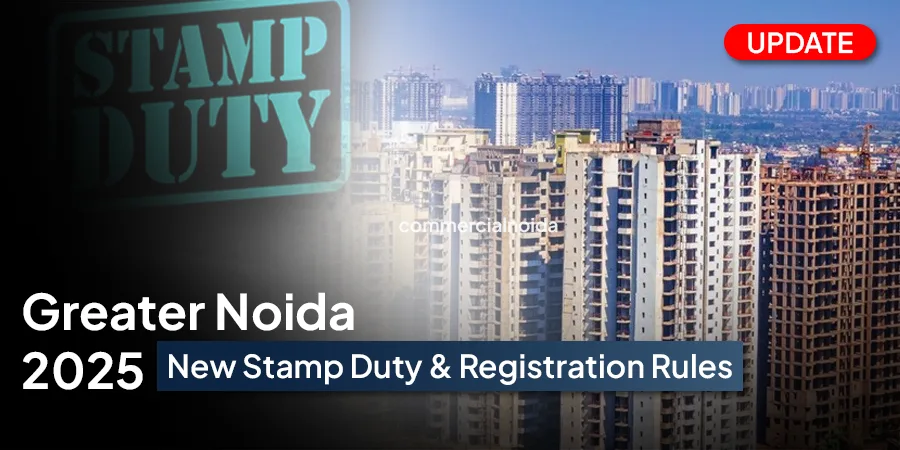

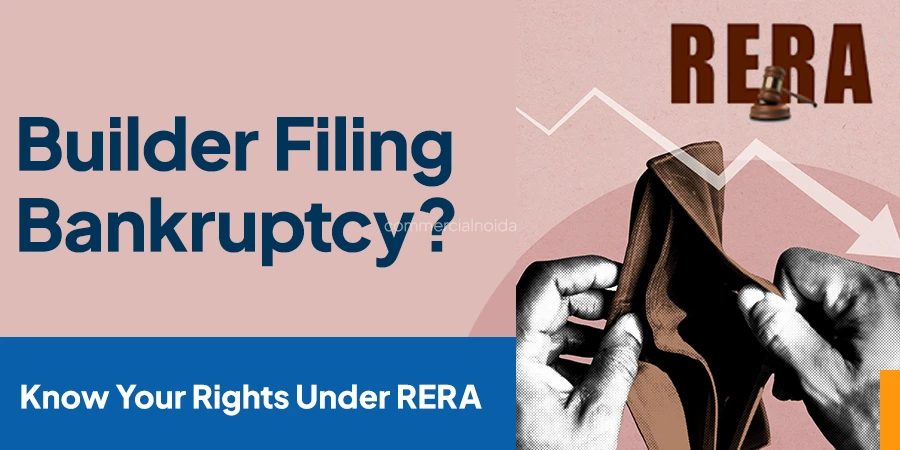
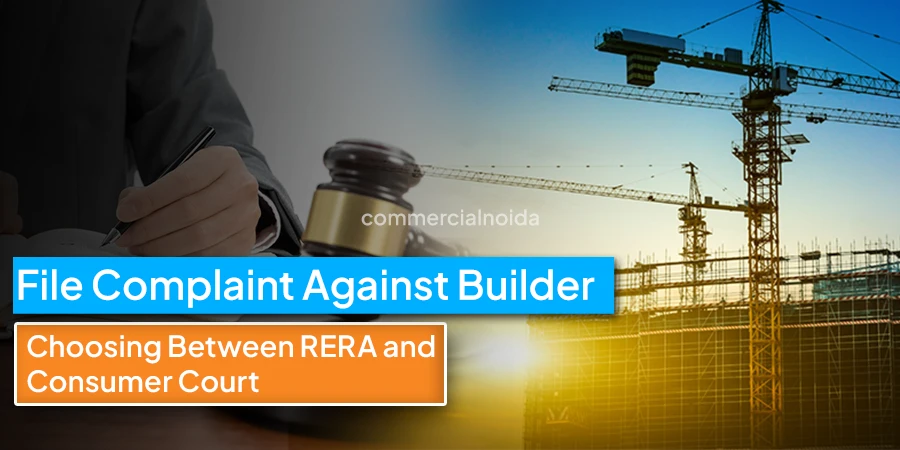


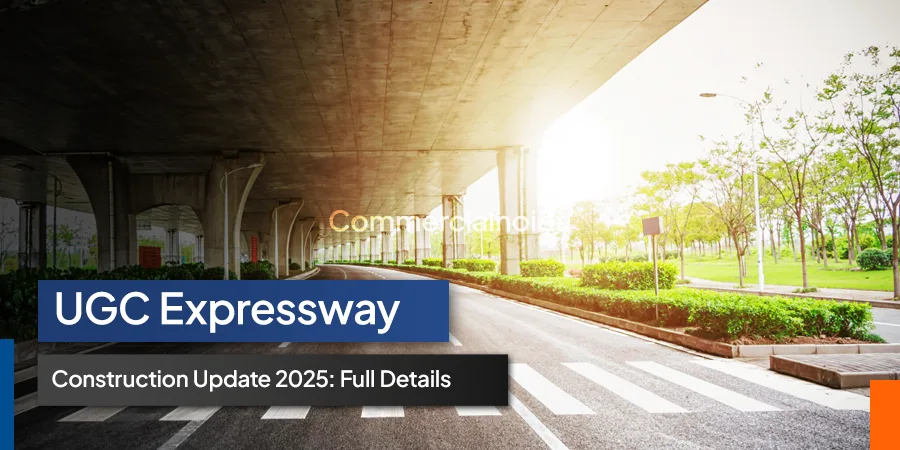


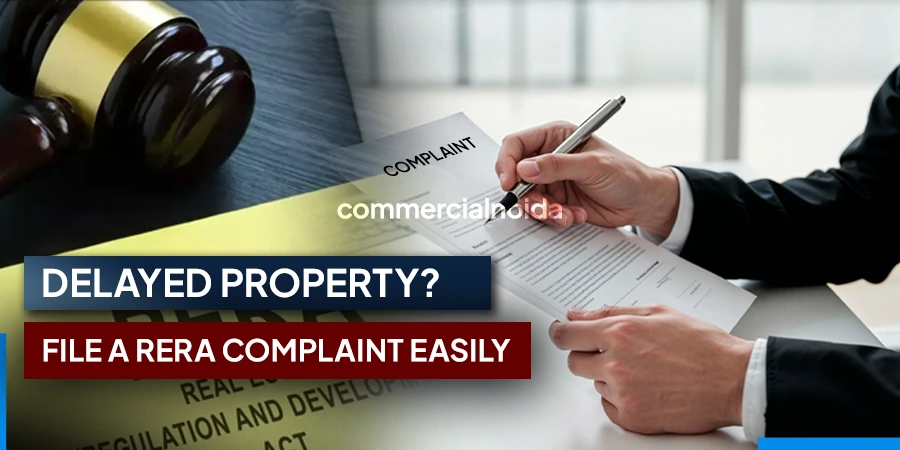























































































































.webp)

































































































.webp)
















































































.webp)
































































































